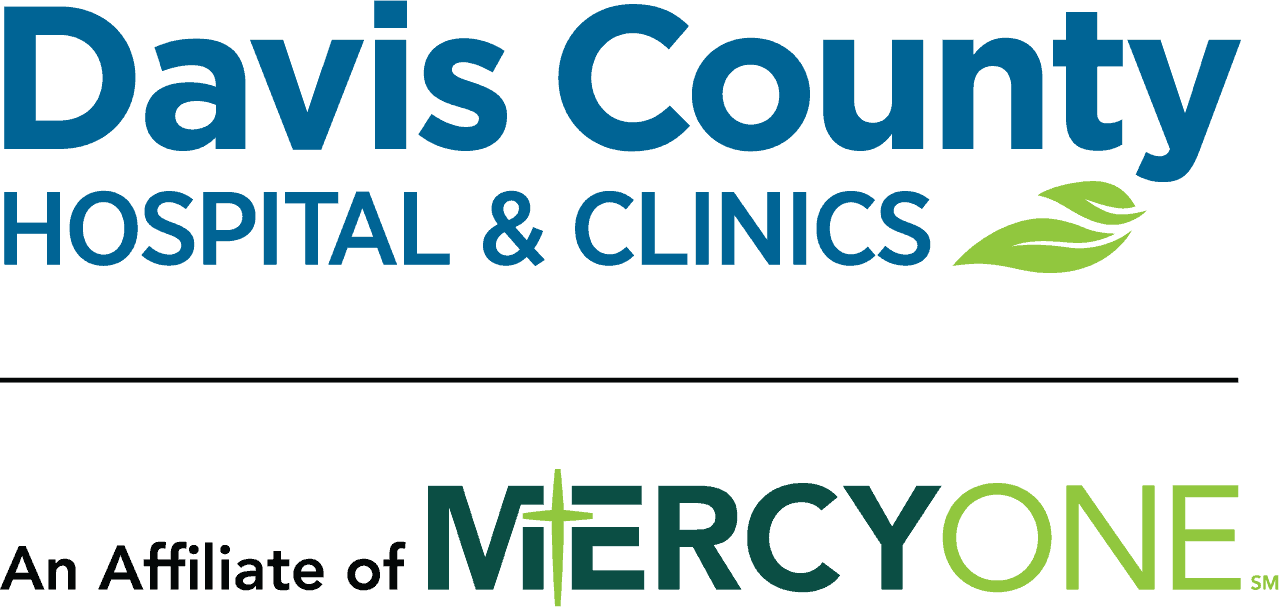DCHC Named an Iowa Top Workplace 2021
DES MOINES REGISTER NAMES DAVIS COUNTY HOSPITAL & CLINICS A WINNER OF THE IOWA TOP WORKPLACES 2021 AWARD
BLOOMFIELD, Iowa, September 12, 2021 – Davis County Hospital & Clinics (DCHC) has been awarded a Top Workplaces 2021 honor by Iowa Top Workplaces. The list is based solely on employee feedback gathered through a third-party survey administered by employee engagement technology partner Energage LLC. The anonymous survey uniquely measures 15 culture drivers that are critical to the success of any organization: including alignment, execution, and connection, just to name a few.
“I am extremely proud of our DCHC team for being named a Top 150 Workplace in Iowa, for the fourth time in five years,” commented Veronica Fuhs, CEO at DCHC. “I am beyond proud of the dedication of every employee for their commitment, especially over the last year, to the high-quality care of our patients – moving our organization forward. DCHC is an amazing place to work, and a special place for our patients to receive care!”
“During this very challenging time, Top Workplaces has proven to be a beacon of light for organizations, as well as a sign of resiliency and strong business performance,” said Eric Rubino, Energage CEO. “When you give your employees a voice, you come together to navigate challenges and shape your path forward. Top Workplaces draw on real-time insights into what works best for their organization, so they can make informed decisions that have a positive impact on their people and their business.”
About Energage
Making the world a better place to work together.TM
Energage is a purpose-driven company that helps organizations turn employee feedback into useful business intelligence and credible employer recognition through Top Workplaces. Built on 14 years of culture research and the results from 23 million employees surveyed across more than 70,000 organizations, Energage delivers the most accurate competitive benchmark available. With access to a unique combination of patented analytic tools and expert guidance, Energage customers lead the competition with an engaged workforce and an opportunity to gain recognition for their people-first approach to culture. For more information or to nominate your organization, visit energage.com or topworkplaces.com.


